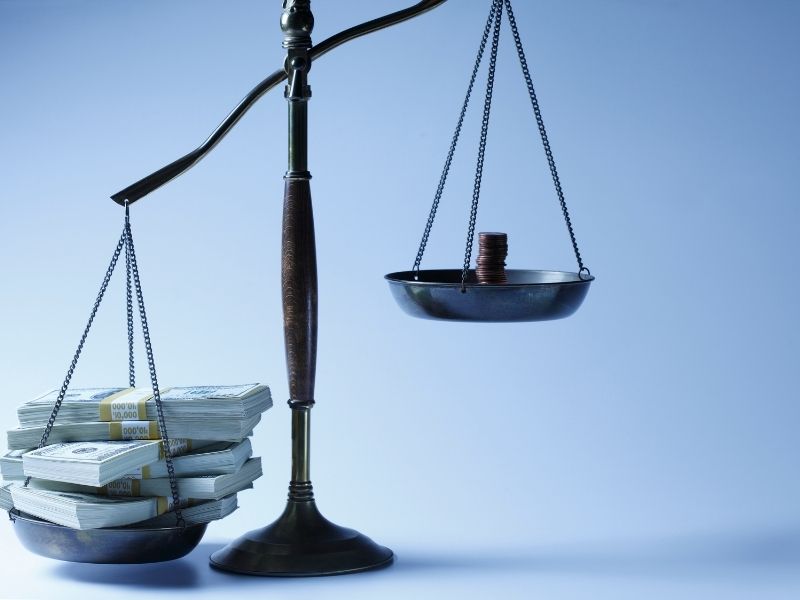The United States of Inequality: Political and Economic Remedies and Challenges
Academic Noncredit

Since the end of the post-war “Golden Age of Capitalism†(1945 to 1975), the US economy has been characterized by rising levels of inequality. This inequality is most often measured in terms of increasing gaps between the top and bottom of the income and wealth distributions, and a concomitant decline in the middle class, but it is manifest in other, related dimensions as well, including growing disparities in health and exposure to environmental hazards. In addition, growing inequalities in economic resources feed into growing inequalities in political power, and differential political power can be used to solidify differential access to economic resources. Rising inequality provides the context shaping the development of solutions to many other economic and social challenges of our time, including access to health care, racial and ethnic divisions and the rise of race-based nationalism, persistent gender inequalities, the stresses created by immigration, and the need to develop sustainable climate and energy policy. This class will draw on the expertise of the faculty in the economics and political science departments to examine the long-run development of economic inequality, its measurement, its connection to political power and to other societal divides, and potential remedies.
This noncredit class meets with a regular University of Utah credit course.
Online book and material fees may be added up until the first week of class. Students may opt out during the first two weeks of class. For more information, visit the Campus Store Inclusive Access Program's webpage. If you opt out, you will be responsible for obtaining the course materials yourself for the course.
Questions? Call Academic Programs at 801-585-9963 or use our online form.
Class Sections For The United States of Inequality: Political and Economic Remedies and Challenges (POLS 250)
Fall 2024 Section 1, Starting on: 08/19/2024
| Date(s) | Day | Time | Location |
|---|---|---|---|
| 08/19/24 - 12/05/24 | MW | 3:00 pm -4:20 pm | GC 2950 |
Instructors: THOMAS MALONEY, TYLER PACK
You might also like:
Questions? Call Academic Programs at 801-585-9963 or use our online form.


